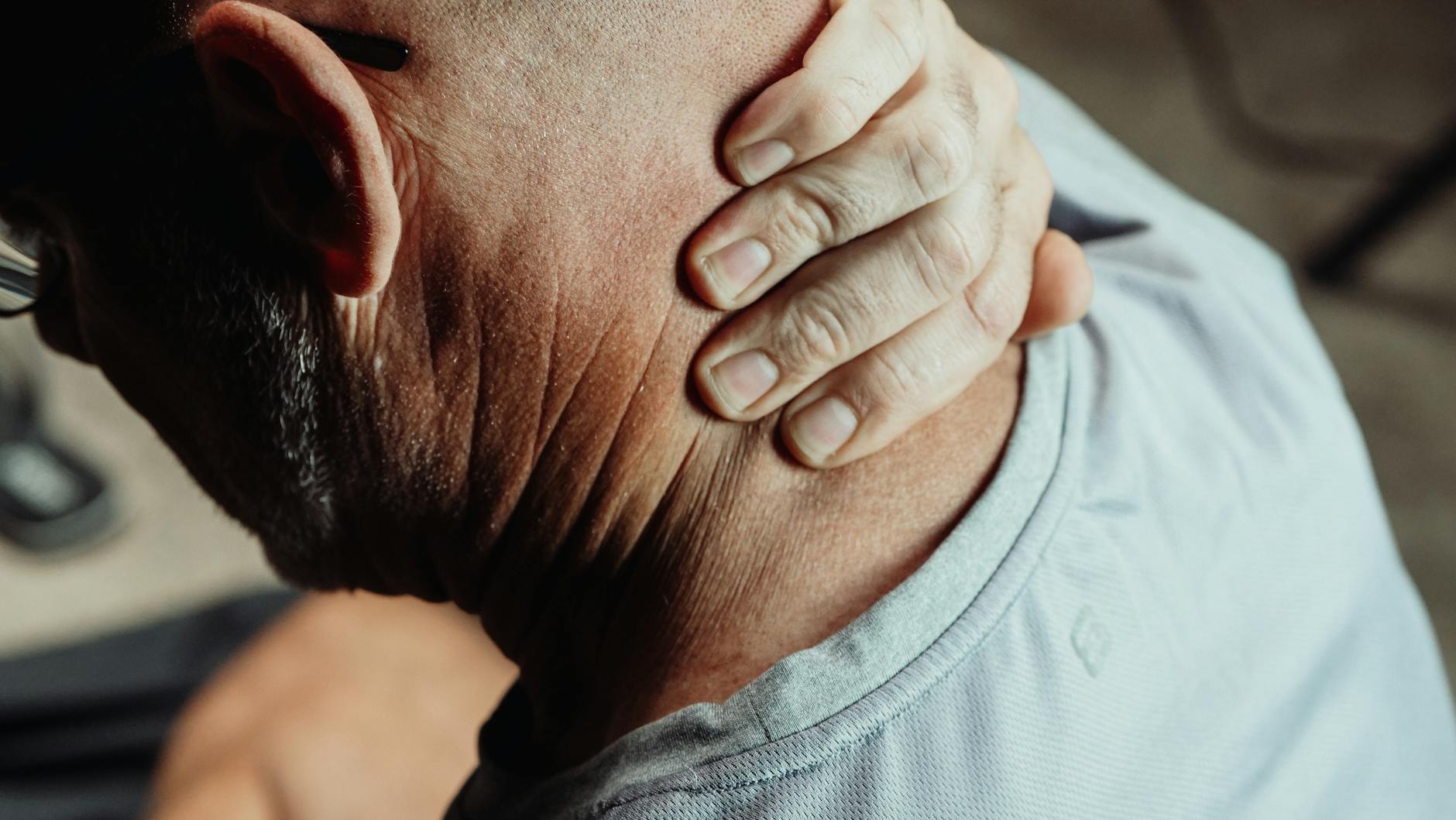Discover the surprising lifestyle changes that can help you break free from rheumatoid arthritis pain and enjoy a pain-free life.
Table of Contents
Rheumatoid arthritis (RA) is a chronic autoimmune condition that causes inflammation in the joints, leading to pain, stiffness, and swelling. Managing RA can be challenging, but with the right approach, you can alleviate symptoms and improve your quality of life. In addition to medication and therapy, incorporating lifestyle changes into your daily routine can make a significant difference in managing RA pain. In this blog post, we will explore various lifestyle modifications that can help you break free from rheumatoid arthritis pain and find relief.
Clean Eating for Joint Health
One of the most important lifestyle changes you can make to manage RA pain is to adopt a clean and balanced diet. Foods rich in anti-inflammatory properties can help reduce joint inflammation and pain associated with RA. Include plenty of fruits, vegetables, whole grains, and healthy fats in your diet. Omega-3 fatty acids, found in fish like salmon and nuts and seeds, have been shown to help reduce inflammation in the body. Limiting processed foods, refined sugars, and saturated fats can also help in managing RA symptoms.
Regular Exercise for Flexibility and Strength
Regular exercise is crucial for maintaining joint flexibility, reducing stiffness, and improving strength in individuals with RA. Low-impact exercises like swimming, yoga, and walking can help improve range of motion without putting too much stress on the joints. Strength training exercises using light weights or resistance bands can also help build muscle to support and protect the joints. Make sure to consult with your healthcare provider or a physical therapist to develop a personalized exercise plan that suits your needs and limitations.
Stress Management Techniques for Mental Health
Stress can exacerbate RA symptoms and trigger flare-ups. Practicing stress management techniques like deep breathing exercises, meditation, yoga, or mindfulness can help reduce stress levels and improve mental health. Engaging in hobbies, spending time with loved ones, and prioritizing self-care activities can also help in managing stress and promoting overall well-being. Remember to listen to your body and take breaks when needed to avoid pushing yourself too hard.
Quality Sleep Hygiene for Restorative Rest
Getting enough quality sleep is essential for managing RA pain and promoting overall health. Establishing a bedtime routine, creating a relaxing sleep environment, and avoiding stimulating activities before bed can help improve sleep quality. If you struggle with sleep disturbances due to pain or discomfort, consider using supportive pillows or mattresses to alleviate pressure on the joints. Consulting with a sleep specialist or healthcare provider can also help address any underlying sleep disorders that may be affecting your restorative rest.
| Lifestyle Change | Description |
|---|---|
| Regular Exercise | Engaging in low-impact exercises like walking, swimming, or yoga can help improve joint function and reduce pain. |
| Healthy Diet | Eating a well-balanced diet rich in fruits, vegetables, whole grains, and lean proteins can help reduce inflammation and improve overall health. |
| Stress Management | Practicing relaxation techniques such as deep breathing, meditation, or mindfulness can help reduce stress levels which can exacerbate RA symptoms. |
| Weight Management | Maintaining a healthy weight can help reduce pressure on joints and decrease pain and inflammation. |
| Proper Posture | Improving posture and using ergonomic tools can help reduce strain on joints and prevent pain flare-ups. |
Weight Management for Joint Health
Maintaining a healthy weight is crucial for managing RA symptoms and preventing additional stress on the joints. Excess weight can put strain on the joints, leading to increased pain and inflammation. Focus on adopting a balanced diet and engaging in regular physical activity to achieve and maintain a healthy weight. Consult with a nutritionist or dietitian to develop a personalized meal plan that supports your weight management goals while providing essential nutrients for joint health.
Conclusion
Breaking free from rheumatoid arthritis pain requires a holistic approach that combines medication, therapy, and lifestyle changes. By incorporating clean eating habits, regular exercise, stress management techniques, quality sleep hygiene, and weight management strategies into your daily routine, you can improve your overall well-being and reduce RA symptoms. Remember to work closely with your healthcare team to monitor your progress and make adjustments as needed. With dedication and perseverance, you can find relief from RA pain and enjoy a better quality of life.
FAQ
Can lifestyle changes really help manage rheumatoid arthritis pain?
Yes, lifestyle changes such as clean eating, regular exercise, stress management, and quality sleep can greatly impact RA symptoms by reducing inflammation and improving overall well-being.
How important is weight management in managing rheumatoid arthritis?
Maintaining a healthy weight is crucial for managing RA symptoms as excess weight can put strain on the joints, leading to increased pain and inflammation.
What are some stress management techniques that can help with rheumatoid arthritis?
Deep breathing exercises, meditation, yoga, mindfulness, and engaging in hobbies or self-care activities can help reduce stress levels and improve mental health in individuals with RA.
Is it necessary to consult a healthcare provider before making lifestyle changes for rheumatoid arthritis?
It is recommended to consult with your healthcare provider or a physical therapist before making any significant lifestyle changes to ensure they are safe and appropriate for your individual needs and limitations.





